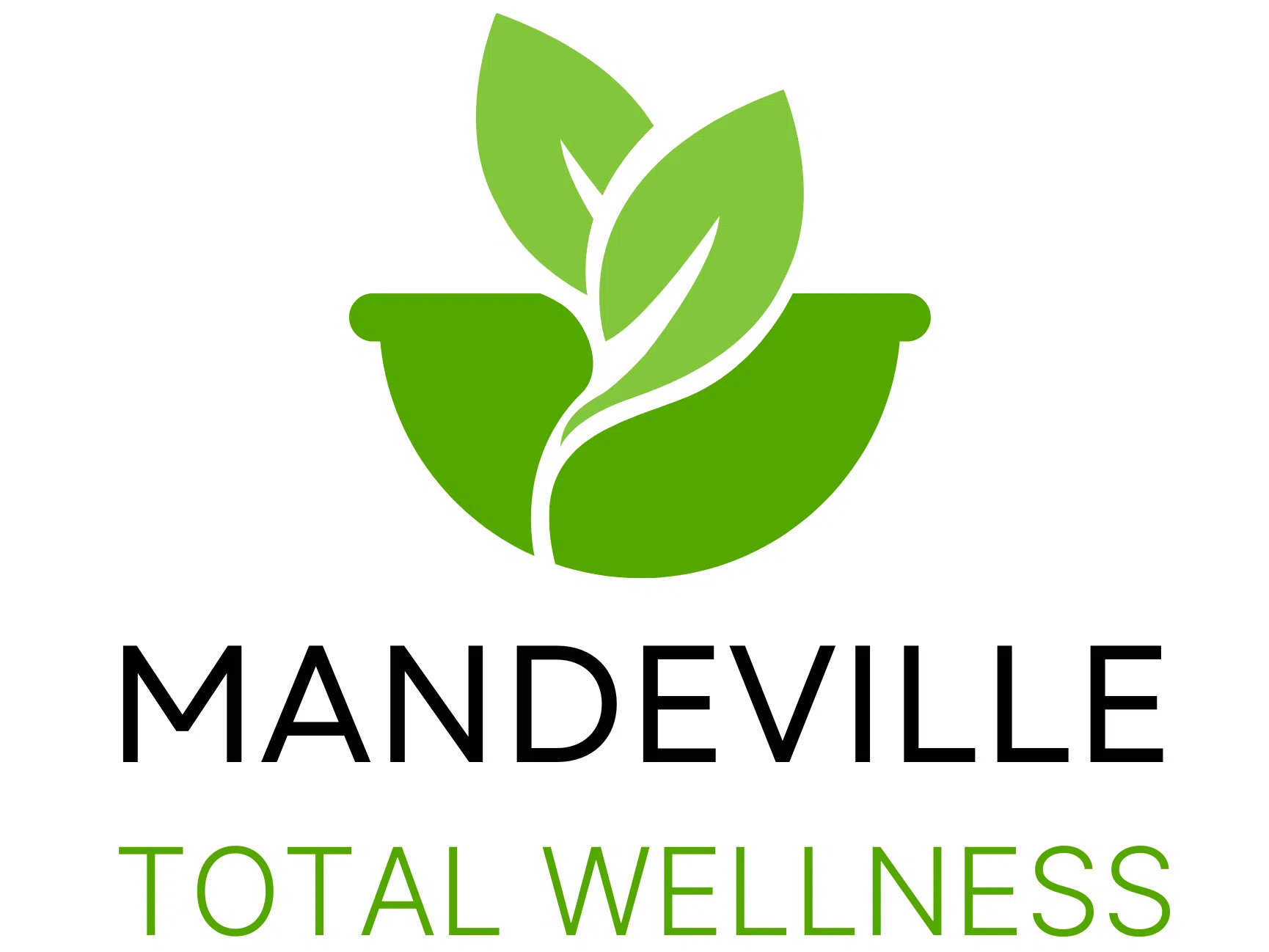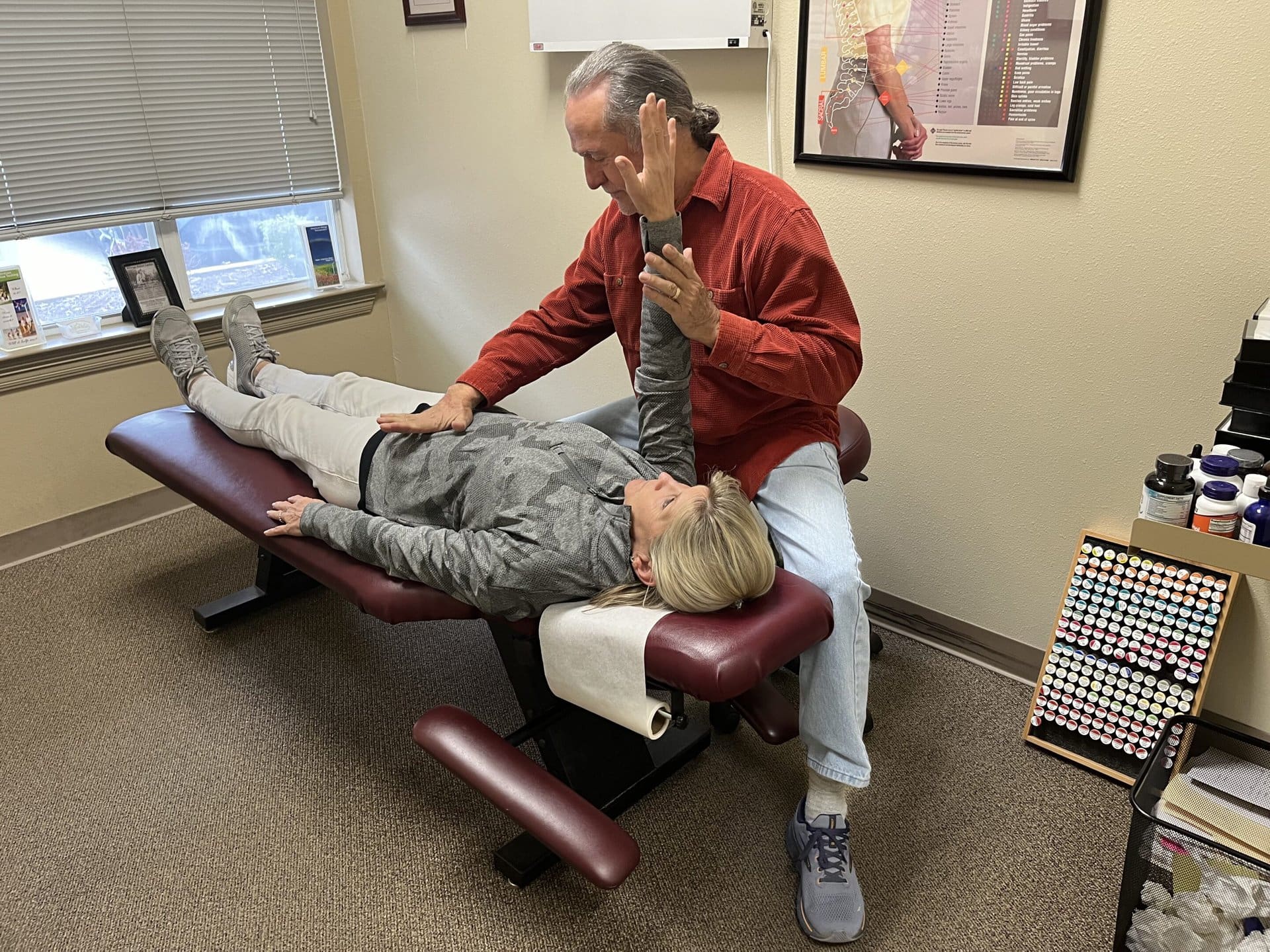In recent years, an interesting trend has emerged among chiropractors—they are increasingly turning to nutritional response testing to enhance their practice and patient care. This article explores why chiropractors are embracing this method and how it benefits both their practice and their patients.
Rising Trend in Holistic Care
Chiropractic care has long been rooted in the principle of treating the whole person, not just the symptoms. Nutritional response testing aligns perfectly with this holistic approach, providing a comprehensive method to assess a patient’s nutritional needs and the body’s imbalances. This testing allows chiropractors to develop personalized nutritional plans that support overall health and complement spinal adjustments.
- Holistic approach integrates physical and nutritional health
- Personalized care plans based on individual assessments
- Supports the body’s natural healing processes
Benefits for Patient Outcomes
The incorporation of nutritional response testing into chiropractic care has shown significant benefits for patient outcomes. Patients often experience faster recovery times, improved wellness, and reduced recurrence of chronic issues. Statistics from the National Institutes of Health suggest that integrative health practices can lead to higher patient satisfaction and better health.
- Enhanced patient satisfaction and wellness
- Reduced chronic pain and faster recovery
- Long-term health improvements with integrated care strategies

Understanding the Process
For those unfamiliar, nutritional response testing is a non-invasive analysis tool used by chiropractors to determine deficiencies in the body and possible causes of ill health. The process involves testing the body’s neurological reflexes and acupuncture points to assess the flow of energy to organs, thereby revealing varying nutritional needs or imbalances.
- Non-invasive and based on established medical principles
- Targets neurological reflexes and acupuncture points
- Customizes dietary recommendations and supplements
Success Stories from Real Patients
Real patient stories highlight the effectiveness of combining chiropractic care with nutritional response testing. Many patients report significant improvements in conditions that were previously non-responsive to conventional treatments. These testimonials underscore the potential of nutritional response testing to transform lives.
- Real-world examples of improved health outcomes
- Testimonials reflect diverse patient experiences
- Demonstration of long-term health benefits
Chiropractor Training in Nutrition
Chiropractors who incorporate nutritional response testing typically undergo specialized training to enhance their understanding of nutrition and its impact on body mechanics. This additional expertise allows them to offer more comprehensive care that extends beyond traditional chiropractic adjustments.
- Chiropractors receive specialized training in nutrition
- Certifications enhance practitioner skill sets
- Ongoing education keeps practices up-to-date and effective
After delving into how chiropractors are integrating nutritional response testing into their practice, it becomes clear that this approach not only complements traditional chiropractic techniques but also significantly enhances patient care. The combination of spinal adjustments with tailored nutritional advice addresses the root causes of health issues, facilitating more effective and lasting results.

Key Takeaways from Chiropractic Integration with Nutritional Testing
- Holistic health is more achievable when combining physical adjustments with nutritional guidance.
- Patient outcomes improve markedly with the personalized approach of nutritional response testing.
- Chiropractors enhance their expertise and service offerings by incorporating nutrition into their practices.
Frequently Asked Questions
1. What exactly is nutritional response testing?
Nutritional response testing is a precise tool used to identify the underlying causes of ill health, focusing on nutritional deficiencies and imbalances by assessing the body’s reflexes.
2. How do chiropractors determine what nutrients are lacking?
Chiropractors use specific tests on the body’s reflex points that correlate to specific organs or systems to pinpoint nutritional deficiencies or imbalances.
3. Can nutritional response testing help with weight management?
Yes, it can provide personalized dietary guidance that helps with weight loss or management by identifying and addressing nutritional deficiencies that may affect metabolism.
4. Is this type of testing safe for children and the elderly?
Absolutely, nutritional response testing is safe and non-invasive, making it suitable for individuals of all ages, including children and the elderly.
5. How often should one undergo nutritional response testing?
The frequency can vary depending on individual health needs, but many practitioners recommend initial testing and follow-up sessions to track progress and adjust plans as necessary.
Mandeville Total Wellness specializes in Nutrition Response Testing, Chiropractic Care and other wellness treatments, dedicated to fostering your body’s natural healing abilities. Our team combines years of expertise in nutrition and chiropractic wellness with a passion for holistic health, offering personalized care tailored to each individual’s needs. Grounded in the belief that true wellness comes from harmony within the body’s systems, we are at the forefront of a health revolution, guiding you towards optimal health. Discover a vibrant, healthier you with Mandeville Total Wellness, your partners in holistic healing.












